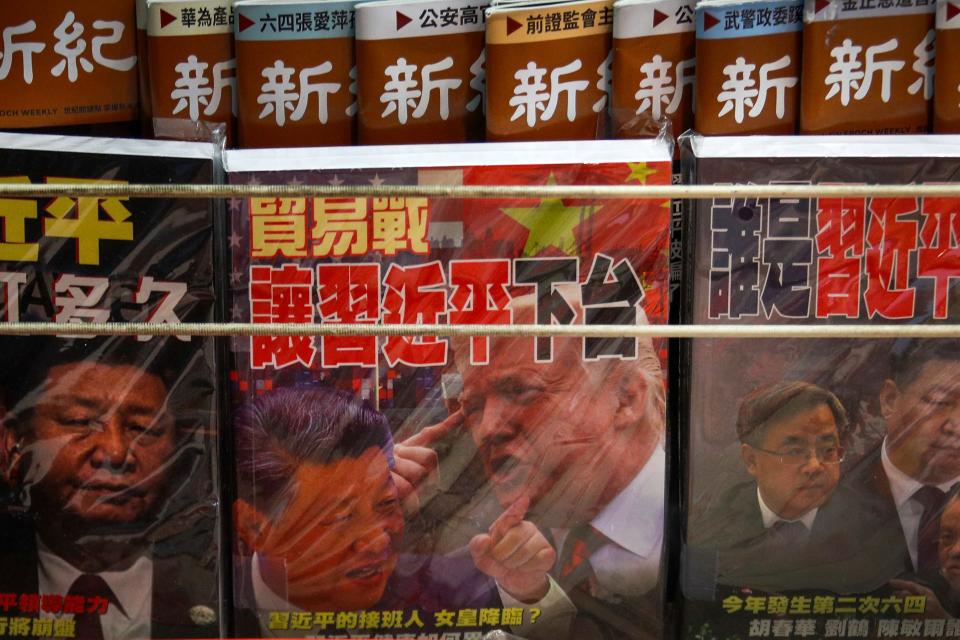President Trump's trade policy seems to have achieved the impossible
From Presidents Harry Truman to Donald Trump, the United States liberalized trade the most among developed countries. The average U.S. tariff on dutiable goods is 4.5%, with the average tariff on all goods sitting at below 2%. Meanwhile, U.S. goods face higher tariffs and many other barriers to entry abroad. Facebook still can’t operate in China, and U.S. tech giants face a “digital services” tax in France.
Having the most-open market, the United States stands to gain the most from trade liberalization. Yet, by the time Trump got elected, U.S. offers to go from less than 2% to zero tariffs were no longer the enticement other countries coveted. What incentive did our major trade partners have to change anything when, year after year, they enjoy trade surpluses with America?
Making matters worse is China’s challenge to U.S. power and overt mercantilism, which relies on government-sanctioned intellectual property theft and forced technology transfers from U.S. companies.
If limited U.S. leverage under existing world trade rules could not help Trump, a store of congressionally delegated power gave him broad flexibility to devise new import restrictions to disrupt the trade status quo and realign incentives for negotiations. Sections 232 (targeting industrial imports with national security tariffs) and 301 (targeting Chinese technology practices) gave him the necessary leverage.
OUR VIEW: Trump trade tantrum will net American farmers chump change

Yes, Trump’s trade unilateralism represents a major departure from U.S. policy since President Ronald Reagan. Yet, it has mostly survived judicial review. Furthermore, Trump has successfully renegotiated NAFTA — now USMCA — ensuring the long-term viability of North American automobile manufacturing. Ambassador Robert Lighthizer has also concluded negotiations with South Korea and Japan.
While negotiations with China have stalled, Trump seems to have achieved the impossible: getting the globalist elite to agree that past administrations’ symbolic protocol exchanges with Chinese leaders were a fool’s errand.
Juscelino F. Colares is associate dean for Global Legal Studies at Case Western Reserve University.
If you can't see this reader poll, please refresh your page.
What do you think of the opposing view?
This article originally appeared on USA TODAY: President Donald Trump's trade policy seems to achieve the impossible

